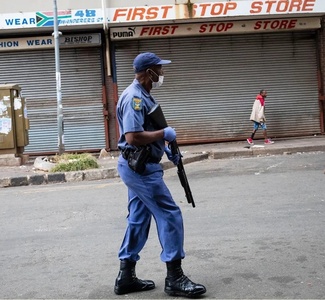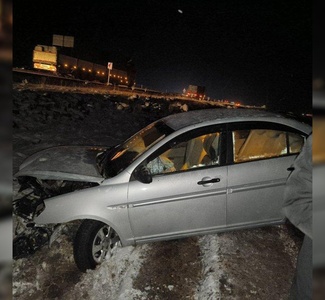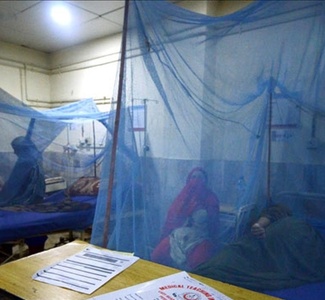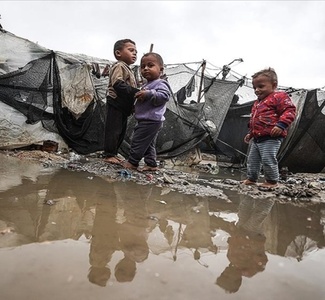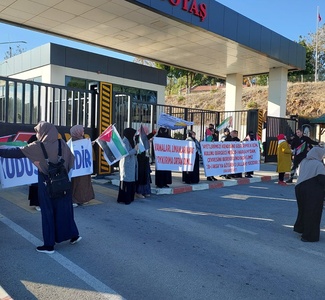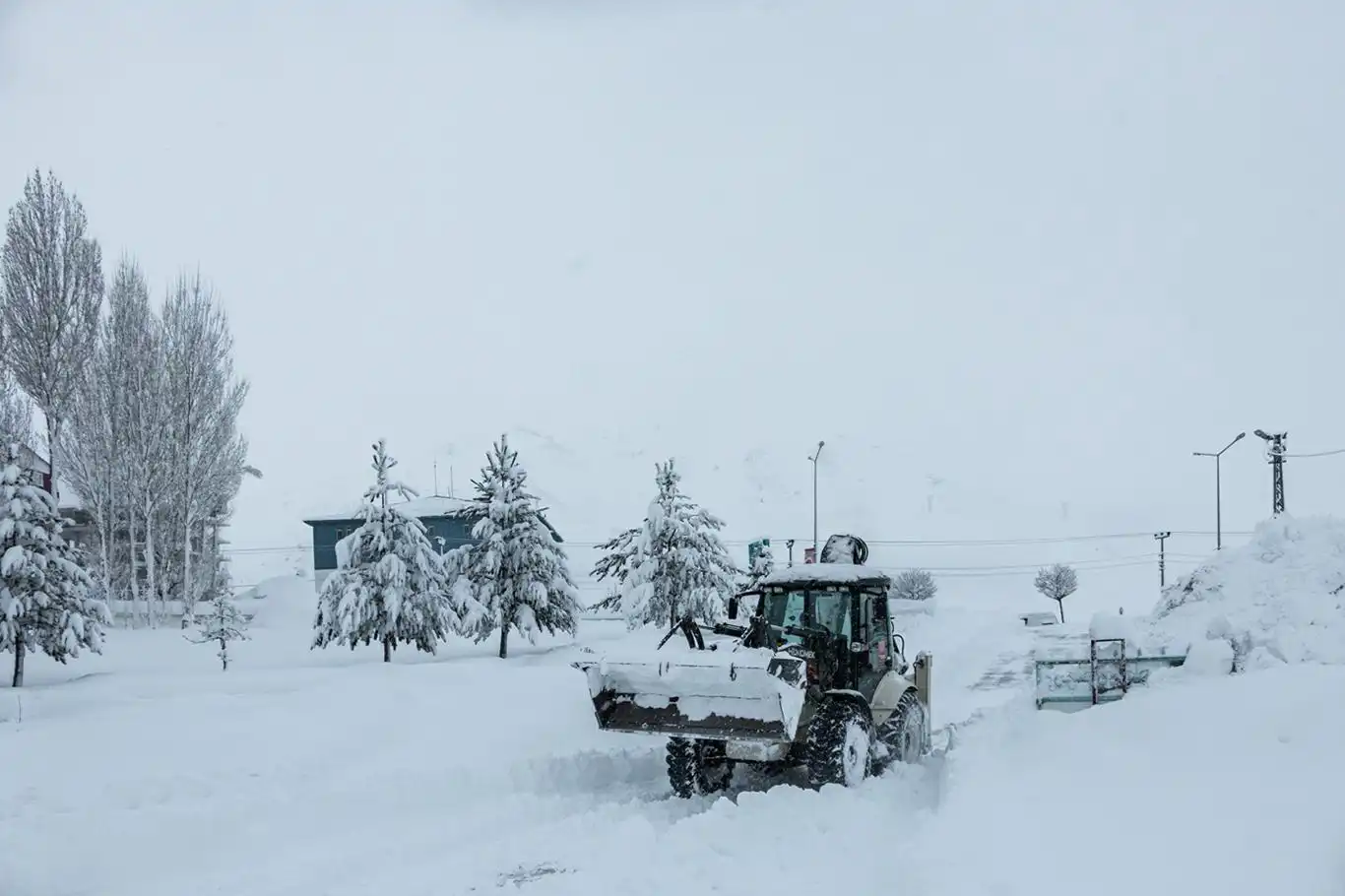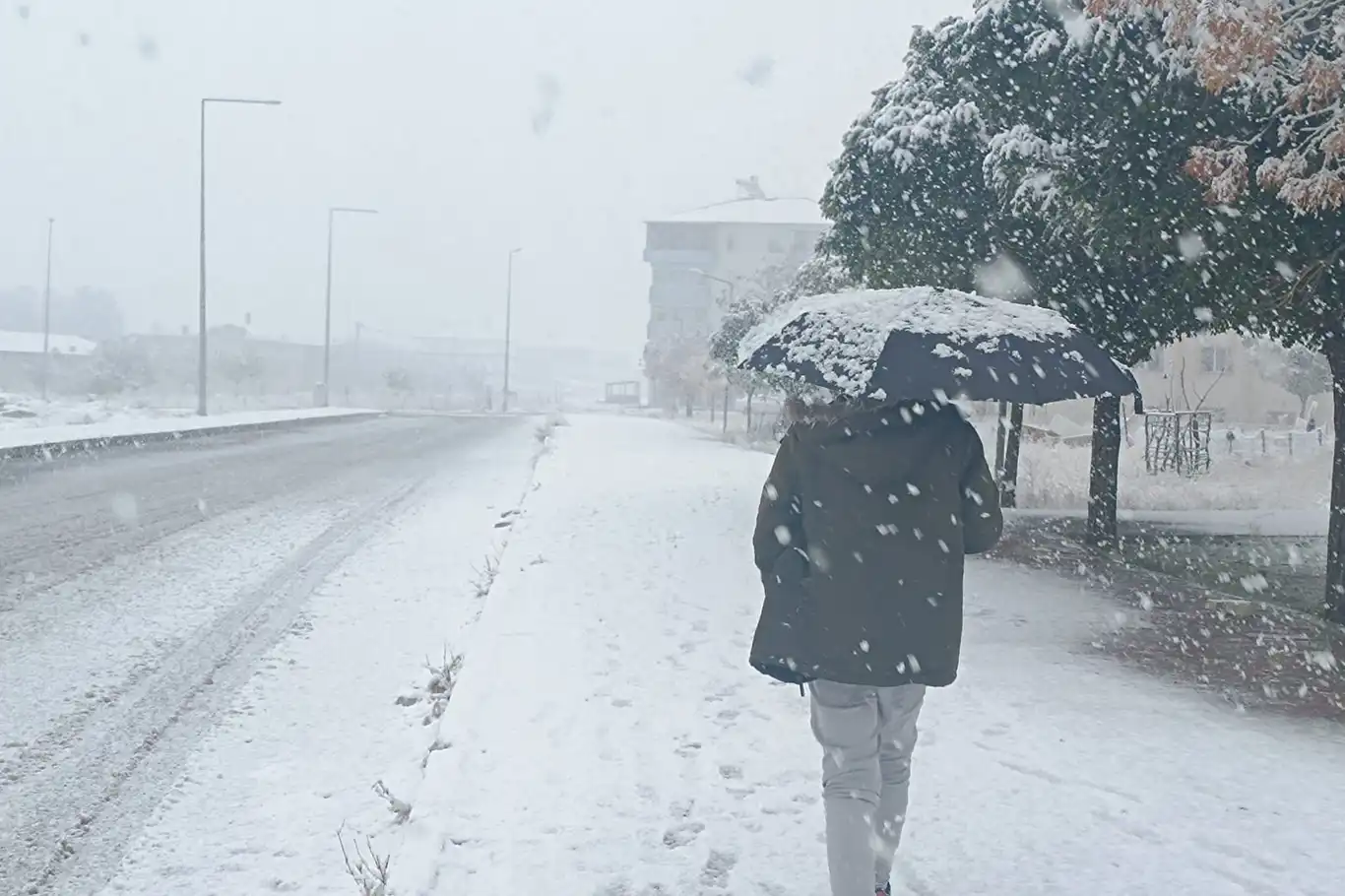Pakistan braces for more rain after 41 killed in storm-related incidents
Pakistan has been struck by severe storms since Friday, leaving at least 41 people dead and raising concerns about potential future disasters.
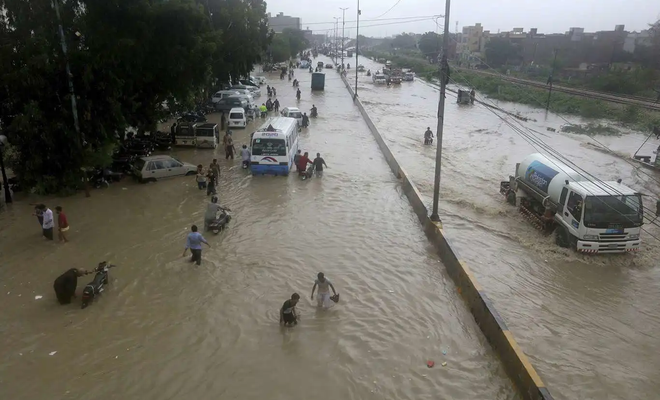
 Google News'te Doğruhaber'e abone olun.
Google News'te Doğruhaber'e abone olun. The majority of fatalities, at least 28, were caused by lightning strikes, highlighting the dangers faced by people in open, rural areas during thunderstorms.
Pakistan's largest and most populous province, Punjab, has borne the brunt of the disaster. Twenty-one people lost their lives due to lightning strikes between Friday and Sunday. Prime Minister Shehbaz Sharif has called for coordinated efforts between the NDMA and provincial authorities to provide relief goods to affected areas.
Residents in open, rural areas face heightened risks during thunderstorms, making them more susceptible to lightning strikes. In Balochistan province, eight people lost their lives, with seven struck by lightning. Twenty-five districts in the region were battered by heavy rain, leading to localized flooding.
In the aftermath of the storm, schools in Balochistan have been ordered to remain closed on Monday and Tuesday. This decision delays the return of students after the Eid al-Fitr holidays, which mark the end of the holy fasting month of Ramadan.
Southern Sindh province witnessed four fatalities due to road accidents caused by flooded roads. Meanwhile, in the northwestern province of Khyber Pakhtunkhwa, eight lives were lost, including four children, when houses collapsed during the intense downpours.
Bilawal Bhutto Zardari, chairman of the Pakistan Peoples Party, has attributed the surge in lightning incidents to climate change. Pakistan's vulnerability to unpredictable weather patterns, coupled with the annual monsoon rains expected in July, underscores the urgent need for disaster preparedness and climate resilience. (ILKHA)

































